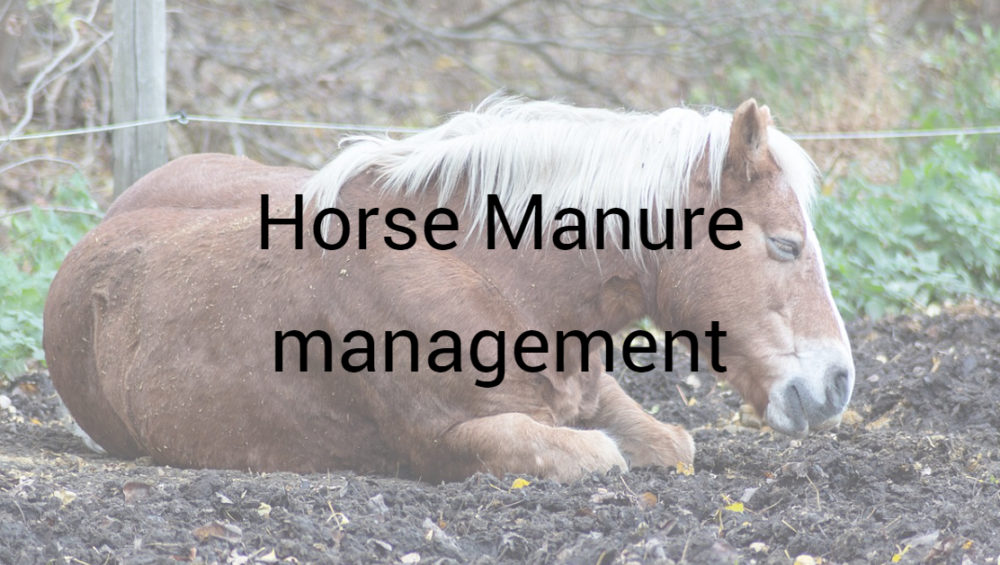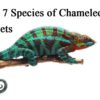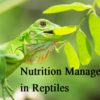Composting is a best way of manure and waste management to avoid potential threats to horse lives and deformation of manure piles.
A slight mismanagement of manure pile will affect,
- Horses which are gazing over its own manure be infected by worm seeds/eggs,
- Flies, pests and their odor plunges all around surround neighbourhood,
- The pile of horse and bedding waste is insightful and decrease barn captivity,
- If the manure were too soggy and ran down to the water source, it causes serious water quality issues,
- Higher C:N ratio of manure pile will turn out good for none.
It is estimated that around 25 cubic yards of manure and bedding is being generated every year from each barn. It gives off stingy, foul odor and is doomed to bring a health crisis if not attended in time.
It also contains harmful disease-causing pathogens, parasites that can easily pollute water systems, so it has to be off-limited within 50feets away from the drainage point, and treated tactfully and consistently.
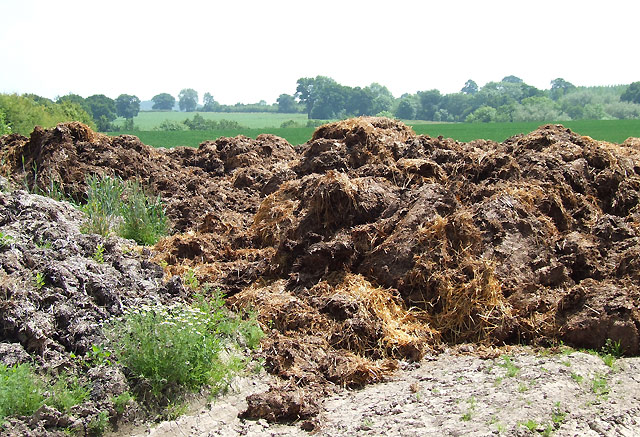
Composting plays as a best resolute for manure-waste management, and is believed to be ecologically friendly. The worth of composting strikes as it is,
- The ideal material for creating quality compost for garden or pasture,
- Composting breaks down microbial bacteria and fungi into nourishment source,
- Compost manure decomposes into nutrient rich and odorless supplement,
- It is time, space and cost efficient to compost your manure at stall,
- It helps control temperature and odor of manure pile.
Basically, manure(feces, bedding, urine) consists of fertilizer nutrients like nitrogen(N), potassium(K2O) and phosphorus(P2O5) that are essential for plant growth.
A compost horse manure makes a rich source of nutrient as a soil amendment. It infuses micro and macronutrients that works as the time passes and also provides beneficial bacteria and fungi for soil nurture. Studies show that a manure compost makes the plant healthier and disease-resistant.
In simple terms, composting takes place in Heating Phase and Curing Phases.
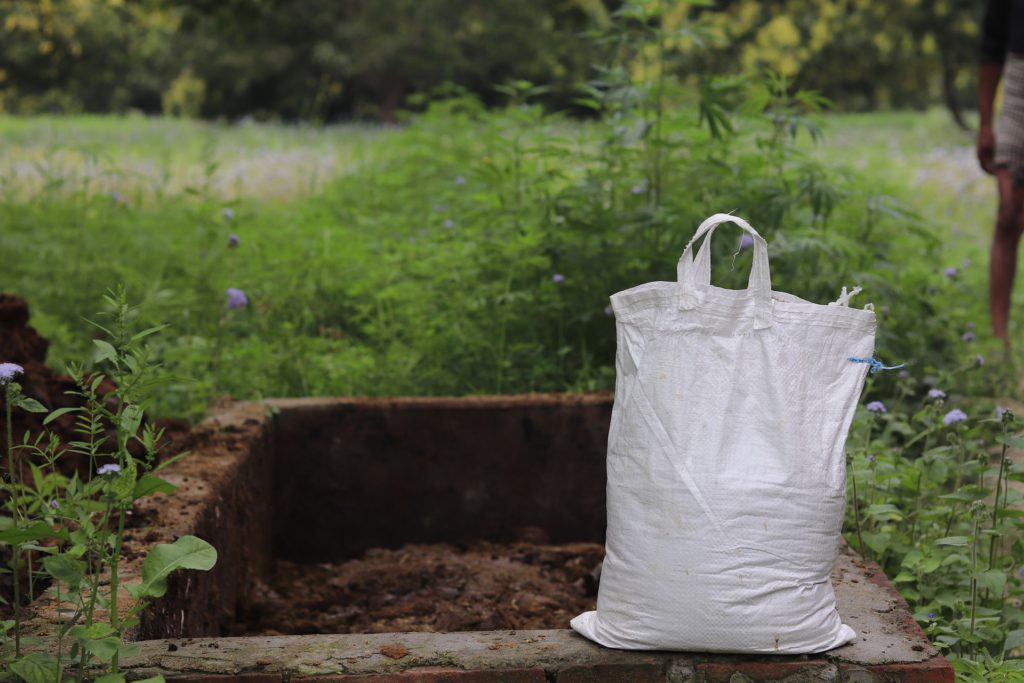
Heating phase comprises bacterial breakdown to generate heat of temperature about 130oF that lasts for a month together to sterilize the weed seeds and form primary plant fertiliser.
Curing phase is held in lower temperature that burns fungal, worm residue in compost bin and takes upto 3-4 months after heat phase to take down nitrogen and other organic compounds under control (stable). Gardeners’ most refer to cured compost as it contains more fermented nitrogen and provides additional fertilizing result.
After all these, the compost you prepared can be used personally or be sold in the market. Manure compost has quite a value in the sale !!

